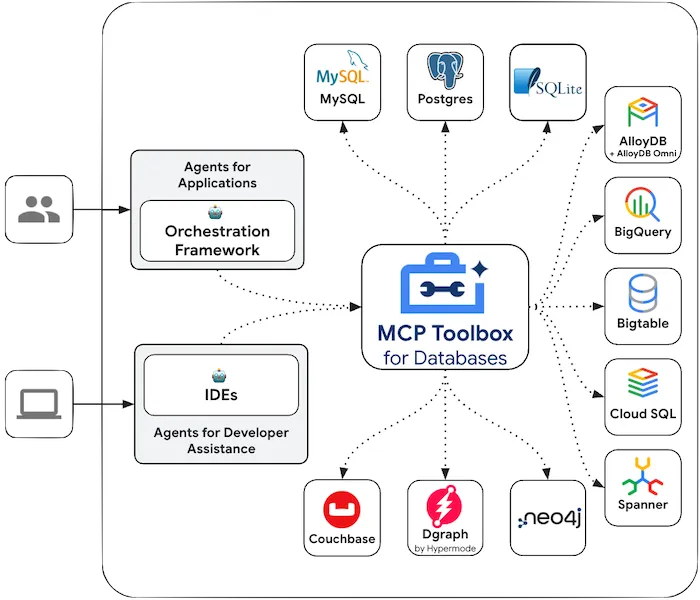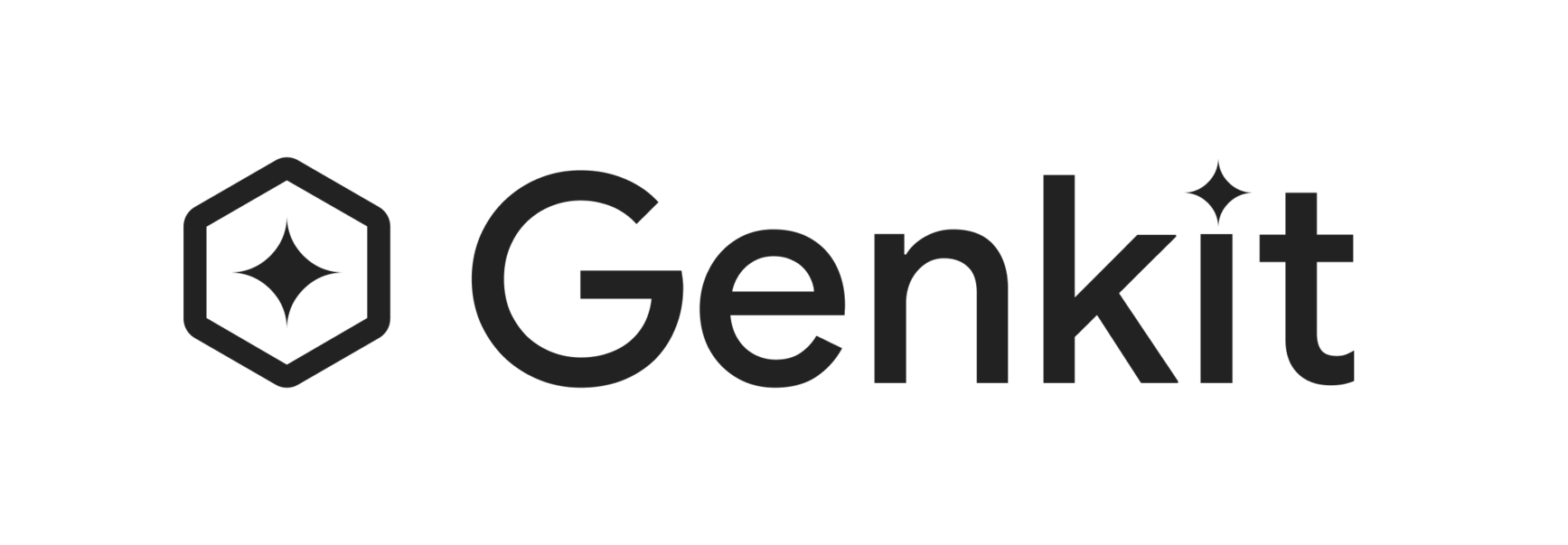MCP Toolbox for Databases
MCP Toolbox for Databases is an open source MCP server for databases. It was designed with enterprise-grade and production-quality in mind. It enables you to develop tools easier, faster, and more securely by handling the complexities such as connection pooling, authentication, and more.
Toolbox Tools can be seamlessly integrated with Genkit applications. For more information on getting started or configuring Toolbox, see the documentation.

Features
Section titled “Features”- Enterprise-grade database connectivity: Production-ready connection pooling and management
- Built-in authentication: Secure database access with OIDC token integration
- Authorization controls: Restrict tool access based on user authentication
- OpenTelemetry integration: Comprehensive metrics and tracing
- Multi-database support: Works with various database systems
- Secure parameter binding: Automatic parameter binding from authentication tokens
1. Configure and Deploy Toolbox Server
Section titled “1. Configure and Deploy Toolbox Server”Toolbox is an open source server that you deploy and manage yourself. For detailed instructions on deploying and configuring, see the official Toolbox documentation:
2. Install Client SDK
Section titled “2. Install Client SDK”Genkit relies on the @toolbox-sdk/core node package to use Toolbox. Install the package before getting started:
npm install @toolbox-sdk/coreLoading Toolbox Tools
Section titled “Loading Toolbox Tools”Once your Toolbox server is configured and running, you can load tools from your server using the SDK:
import { ToolboxClient } from '@toolbox-sdk/core';import { genkit, z } from 'genkit';import { googleAI } from '@genkit-ai/google-genai';
const ai = genkit({ plugins: [googleAI()], model: googleAI.model('gemini-2.5-flash'),});
// Replace with your Toolbox Server URLconst URL = 'https://127.0.0.1:5000';
let client = ToolboxClient(URL);const toolboxTools = await client.loadToolset('toolsetName');
const getGenkitTool = (toolboxTool) => ai.defineTool( { name: toolboxTool.getName(), description: toolboxTool.getDescription(), inputSchema: toolboxTool.getParams(), }, toolboxTool, );
const tools = toolboxTools.map(getGenkitTool);
await ai.generate({ prompt: 'What are the top 5 customers by revenue this quarter?', tools: tools,});Example: Database Query Tool
Section titled “Example: Database Query Tool”Here’s a more complete example showing how to use Toolbox tools for database queries:
import { ToolboxClient } from '@toolbox-sdk/core';import { genkit, z } from 'genkit';import { googleAI } from '@genkit-ai/google-genai';
const ai = genkit({ plugins: [googleAI()], model: googleAI.model('gemini-2.5-flash'),});
async function setupDatabaseTools() { const client = ToolboxClient('https://your-toolbox-server:5000');
// Load a specific toolset for customer analytics const customerTools = await client.loadToolset('customer-analytics');
// Convert Toolbox tools to Genkit tools const genkitTools = customerTools.map((tool) => ai.defineTool( { name: tool.getName(), description: tool.getDescription(), inputSchema: tool.getParams(), }, tool, ), );
return genkitTools;}
// Define a flow that uses database toolsexport const customerAnalyticsFlow = ai.defineFlow( { name: 'customerAnalyticsFlow', inputSchema: z.object({ query: z.string().describe('Natural language query about customers'), }), outputSchema: z.object({ result: z.string(), data: z.any().optional(), }), }, async ({ query }) => { const tools = await setupDatabaseTools();
const response = await ai.generate({ prompt: `Answer this customer analytics question: ${query}`, tools: tools, });
return { result: response.text, data: response.toolCalls?.[0]?.output, }; },);Advanced Features
Section titled “Advanced Features”Authenticated Parameters
Section titled “Authenticated Parameters”Toolbox supports Authenticated Parameters that bind tool inputs to values from OIDC tokens automatically, making it easy to run sensitive queries without potentially leaking data:
// The Toolbox server can automatically inject user context// from authentication tokens into database queriesconst userSpecificTools = await client.loadToolset('user-data', { authenticatedParams: { userId: 'token.sub', // Extract user ID from JWT token tenantId: 'token.tenant_id', // Extract tenant from custom claim },});Authorized Invocations
Section titled “Authorized Invocations”Authorized Invocations restrict access to use a tool based on the user’s auth token:
// Tools can be configured server-side to require specific permissionsconst adminTools = await client.loadToolset('admin-analytics', { requiredScopes: ['admin:read', 'analytics:access'], requiredRoles: ['admin', 'analyst'],});OpenTelemetry Integration
Section titled “OpenTelemetry Integration”Toolbox provides comprehensive OpenTelemetry support for metrics and tracing:
// Toolbox automatically exports telemetry data// Configure your observability stack to collect:// - Database query performance metrics// - Tool invocation traces// - Authentication and authorization events// - Error rates and patternsSecurity Best Practices
Section titled “Security Best Practices”- Use HTTPS: Always deploy Toolbox servers with TLS encryption
- Implement authentication: Configure OIDC/OAuth2 for user authentication
- Apply least privilege: Grant minimal database permissions needed
- Monitor access: Use OpenTelemetry to track tool usage and access patterns
- Validate inputs: Ensure all tool parameters are properly validated
- Audit queries: Log and review database queries for security compliance
Production Deployment
Section titled “Production Deployment”Server Configuration
Section titled “Server Configuration”# Example Toolbox server configurationserver: host: '0.0.0.0' port: 5000 tls: enabled: true cert_file: '/path/to/cert.pem' key_file: '/path/to/key.pem'
database: type: 'postgresql' connection_string: '${DATABASE_URL}' pool_size: 10 max_idle_time: '5m'
auth: oidc: issuer: 'https://your-auth-provider.com' audience: 'toolbox-api'
telemetry: enabled: true endpoint: 'https://your-otel-collector:4317'Client Configuration
Section titled “Client Configuration”import { ToolboxClient } from '@toolbox-sdk/core';
const client = ToolboxClient('https://your-toolbox-server.com', { auth: { type: 'bearer', token: await getAuthToken(), // Your auth token retrieval logic }, timeout: 30000, retries: 3,});Troubleshooting
Section titled “Troubleshooting”Common Issues
Section titled “Common Issues”Connection errors:
- Verify Toolbox server is running and accessible
- Check network connectivity and firewall rules
- Ensure TLS certificates are valid
Authentication failures:
- Verify OIDC configuration matches your auth provider
- Check token expiration and refresh logic
- Ensure required scopes are granted
Tool loading errors:
- Verify toolset names match server configuration
- Check database connectivity from Toolbox server
- Review server logs for detailed error messages
Learn More
Section titled “Learn More”For comprehensive documentation, visit:
Next Steps
Section titled “Next Steps”- Learn about MCP (Model Context Protocol) for understanding the underlying protocol
- Explore tool calling patterns in Genkit
- See authorization patterns for securing your tools
- Check out observability for monitoring tool usage
MCP Toolbox for Databases is an open source MCP server for databases that provides advanced security features like Authenticated parameters, Authorized tool calls and more. It was designed with enterprise-grade and production-quality in mind. It enables you to develop tools easier, faster, and more securely by handling the complexities such as connection pooling, authentication, and more.
Toolbox Tools can be seamlessly integrated with Genkit applications. For more information on getting started or configuring Toolbox, see the documentation.

Configure and deploy
Section titled “Configure and deploy”Toolbox is an open source server that you deploy and manage yourself. For more instructions on deploying and configuring, see the official Toolbox documentation:
Install client SDK
Section titled “Install client SDK”Genkit relies on the mcp-toolbox-sdk-go Go module to use Toolbox. Install the
module before getting started:
go get github.com/googleapis/mcp-toolbox-sdk-goLoading Toolbox Tools
Section titled “Loading Toolbox Tools”Once your Toolbox server is configured and up and running, you can load tools from your server:
package main
import ( "context" "fmt" "log"
"github.com/googleapis/mcp-toolbox-sdk-go/core" "github.com/googleapis/mcp-toolbox-sdk-go/tbgenkit"
"github.com/firebase/genkit/go/ai" "github.com/firebase/genkit/go/genkit" "github.com/firebase/genkit/go/plugins/googlegenai")
func main() { ctx := context.Background() // Replace with your Toolbox Server URL url := "http://127.0.0.1:5000" toolboxClient, err := core.NewToolboxClient(url) if err != nil { log.Fatalf("Failed to create Toolbox client: %v", err) }
// Load the tools using the MCP Toolbox SDK. tools, err := toolboxClient.LoadToolset("my-toolset", ctx) if err != nil { log.Fatalf("Failed to load tools: %v\n", err) }
g := genkit.Init(ctx, genkit.WithPlugins(&googlegenai.GoogleAI{}), genkit.WithDefaultModel("googleai/gemini-1.5-flash"), )
// Convert your tool to a Genkit tool. genkitTools := make([]ai.Tool, len(tools)) for i, tool := range tools { newTool, err := tbgenkit.ToGenkitTool(tool, g) if err != nil { log.Fatalf("Failed to convert tool: %v\n", err) } genkitTools[i] = newTool }
toolRefs := make([]ai.ToolRef, len(genkitTools))
for i, tool := range genkitTools { toolRefs[i] = tool }
resp, err := genkit.Generate(ctx, g, ai.WithPrompt("Ask some question"), ai.WithTools(toolRefs...), ) if err != nil { log.Fatalf("%v\n", err) } fmt.Println(resp.Text())}Advanced Toolbox Features
Section titled “Advanced Toolbox Features”Toolbox has a variety of features to make developing Gen AI tools for databases. For more information, read more about the following features:
- Authenticated Parameters: bind tool inputs to values from OIDC tokens automatically, making it easy to run sensitive queries without potentially leaking data
- Authorized Invocations: restrict access to use a tool based on the users Auth token
- OpenTelemetry: get metrics and tracing from Toolbox with OpenTelemetry

